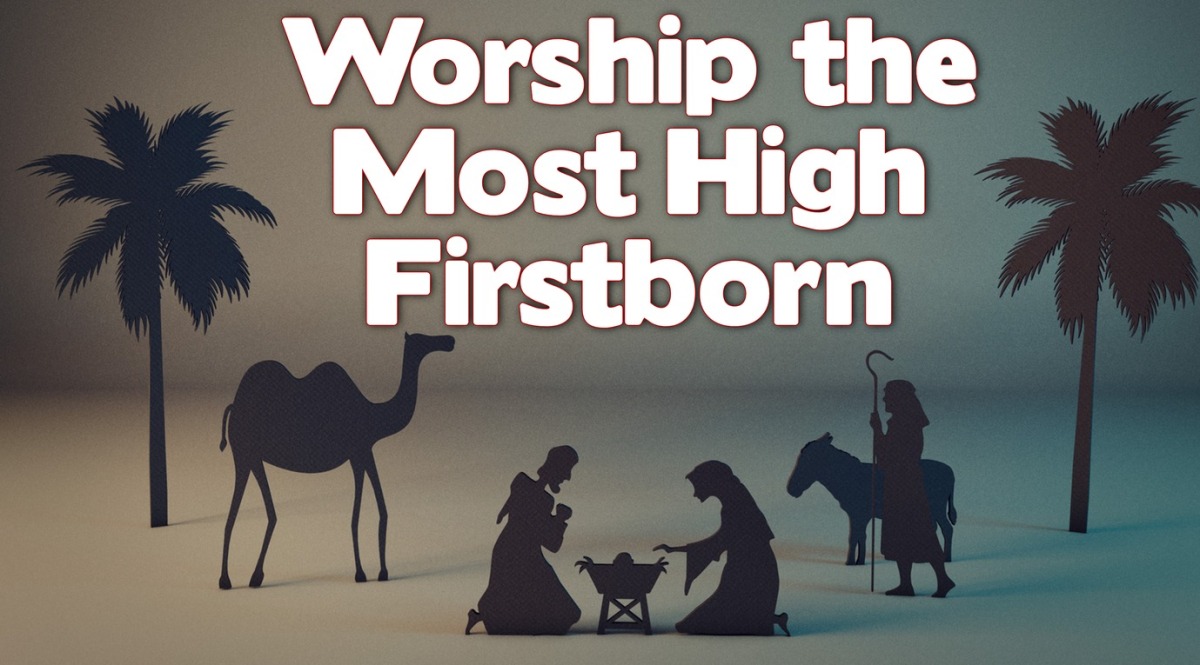Today’s reading is Revelation 8.
“When the Lamb opened the seventh seal, there was silence in heaven for about half an hour” (Revelation 8:1, ESV).
Silence in heaven? What on earth does that represent?
I don’t want to shock you with my answer, but I think it represents silence in heaven for half an hour. Think about it. From the moment John was called to God’s throne room he has been met with cacophony. The creatures, the elders, the angels, the inhabitants of the universe have been shouting, singing, crying out, warring, thundering. Certainly, John saw a near-blinding visual spectacle. But don’t forget to imagine the near-deafening sounds.
Then Jesus broke the seventh seal and…
SILENCE!
The thundering ceased. The singing stopped. The shouting ended. No praises. No laments. No crying out. No calling back. Nothing. Silence.
The creatures, the elders, the angels, the multitude from every nation, tribe, people, and language, became instantly silent. They waited in silence. They sat or stood still. This was a mixture of awe, reverence, and expectation. Each participant equally unwilling to break the mood of the moment.
The LORD is in his holy temple; let all the earth keep silence before him (Habakkuk 2:20, ESV).
There is, no doubt, a time in God’s temple to shout and sing. But there is a time to be silent. A time to be still in quiet reverence and awe at the presence of God. A time sit in silent reflection on what God has done. A time to stand in concentrated expectation on what God will do next.
This is where every creature in the heavens, on the earth, and under the earth stayed for about half an hour in John’s vision. And John was there silent among them.
Can you imagine if we asked for a 30-minute period of silence in our congregational assemblies for worship? What if we asked for simply 2 minutes? Could we do it? Could we sit in silent reverence, reflection, awe, and expectation? Or would we simply find it an awkward interruption to our worship? I can’t help but wonder if the test of our worship-mindedness would not be silence. We are emotionally moved when we get to sing out and express ourselves. We are informed and instructed when someone teaches in our assembly. Being led in prayer can be tough, but at least something is happening. But what if we just had a few moments of silence? What if we were left alone in the crowd with just our thoughts? Would the worship continue in our hearts and minds or would what we commonly call worship be lost to us and hard to restore in that moment?
Why not try it yourself? Find a quiet place and spend some time in silent reflection on God and His work. You don’t have to shoot for thirty minutes. If five is all you can do, do five minutes. Simply be still and know He is God.
Tomorrow’s reading is Revelation 8.
PODCAST!!!
Click here to take about 15 minutes to listen to the Text Talk conversation between Andrew Roberts and Edwin Crozier.
PATHS:
Discuss Today’s Meditation with Your Family
How does Revelation 8 prompt or improve your praise of God?










